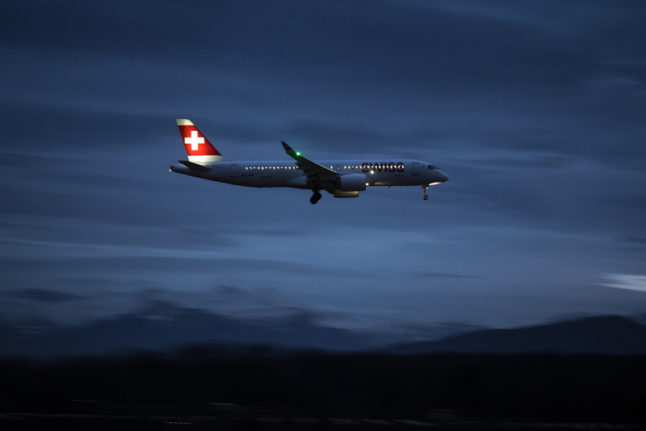Swissport, which provides ground services at 285 airports in 45 countries, said Tuesday it plans to hire 17,000 staff on an anticipated pick-up in air travel as pandemic restrictions ease.
The increase in the number of staff providing passenger services such as check-in and gate assistance, as well as baggage-handling and aircraft services, will help its 850 client airlines scale up their operations and bring Swissport back to essentially its pre-pandemic number of employees.
“With the anticipated easing of pandemic restrictions in many countries, Swissport expects travel demand to rebound in the coming months, at the latest by the start of the summer holidays,” the company said in a statement. Swissport is considerably more optimistic than some industry bodies.
The UN’s civil aviation body, ICAO, said it expects air travel industry to remain considerably affected by the pandemic, with a drop in passengers of between 26 and 31 percent as international travel remains impacted by border restrictions.
Last year, Swissport handled 97 million passengers, a little over a third of the 2019 level, while the number of flights — at two million — was just under half of the 2019 level.
Swissport also said that its cargo service unit handled a record 5.1 million metric tonnes last year, an increase of 10 percent over pre-pandemic levels in 2019.



 Please whitelist us to continue reading.
Please whitelist us to continue reading.
Member comments